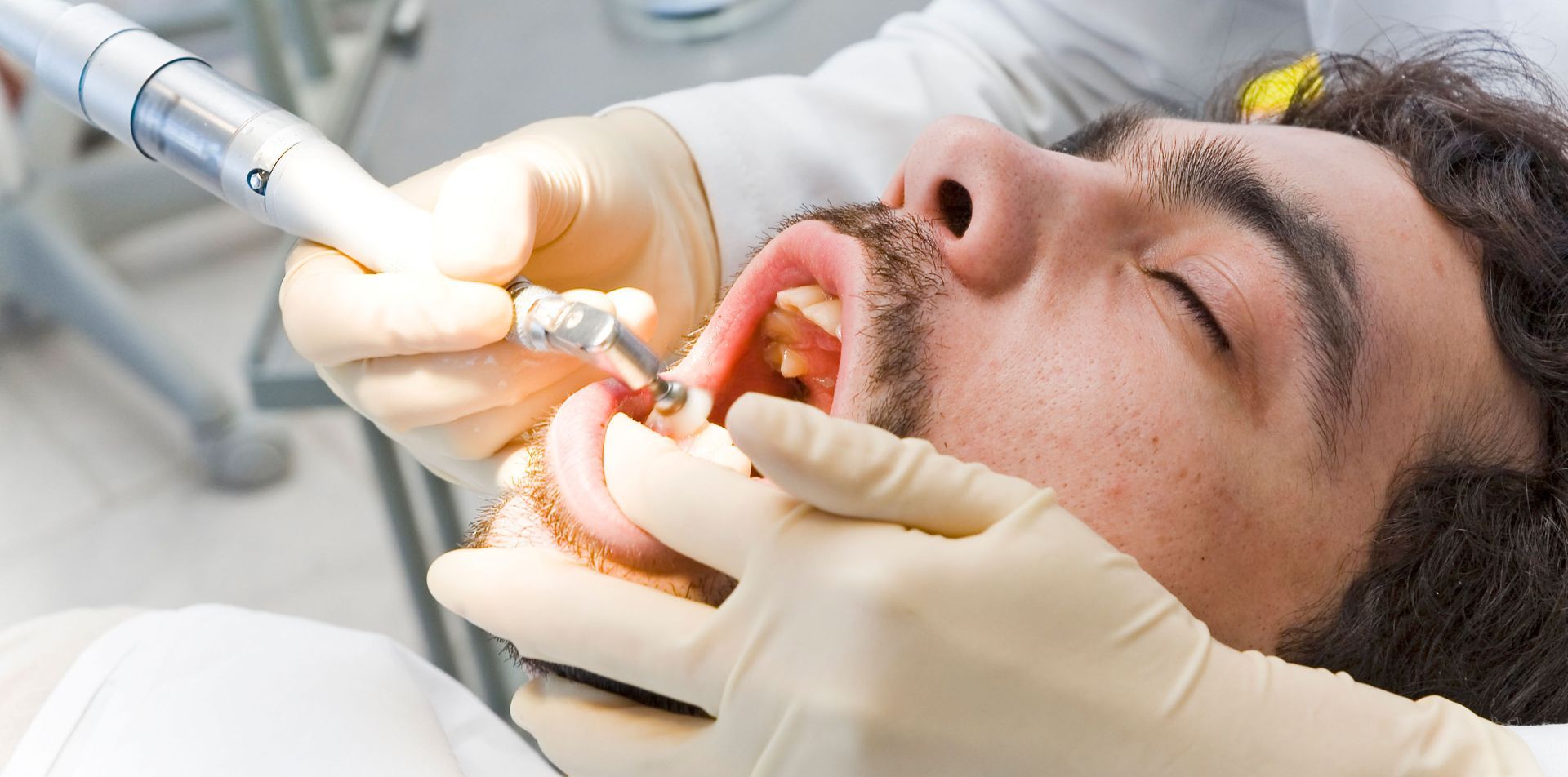3 Statistics to Know Before Receiving Dental Implants
Deciding to get dental implants is a significant step towards enhancing both your oral health and overall wellbeing. Dental implants are not only a solution for missing teeth but also contribute to maintaining your jawbone structure and boosting your confidence with a beautiful smile. Before committing to this dental procedure, it's crucial to understand the landscape and statistics surrounding it to make informed decisions. Here, we highlight some key statistics that can provide insights into dental care trends and the scope of implant procedures.
1. Consider the Increasing Demand
The demand for dental implants has been steadily rising, with the global dental implants market projected to grow from $5.11 billion in 2025 to $8.17 billion by 2032, according to Fortune Business Insights. This trend reflects an increasing awareness and preference for implants over traditional dentures due to their durability and effectiveness. Such growth highlights the advancements in dental technology and an increasing acceptance of implants as a preferred method for tooth replacement. As more people recognize the benefits of implants, the market's expansion indicates that dental implants are becoming a more accessible and popular choice.
2. Ensure Routine Dental Visits
Interestingly, routine dental visits form the backbone of maintaining oral health, which can influence the success of dental implants. According to Gitnux, 62.5% of adults between the ages of 18 and 64 visited the dentist in the past year in the United States. Regular dental check-ups can identify potential risks to implant success, such as gum disease or inadequate bone density, early on. These visits not only ensure that candidates for dental implants are well informed but also prime them for better outcomes if implants are deemed suitable.
3. Consider the Encouraging Success Rate
Furthermore, the success rate of dental implants is an encouraging statistic for prospective patients. Modern dental implants have an average success rate of about 95%, in our experience, making them a reliable option for tooth replacement. However, factors such as the patient's oral and general health, as well as the dentist's expertise, play critical roles in achieving such high success rates. Proper oral hygiene and consistent follow-up care are paramount to sustaining the longevity and functionality of dental implants.
Understanding these statistics provides a clearer picture of the dental implant landscape and the importance of informed decision-making. As dental technology evolves and more people opt for implants, staying informed about the latest trends and statistics ensures you make the best choice for your oral health needs. With the right preparation and knowledge, dental implants can successfully transform your oral health and quality of life. Contact McDaniel Family Dental today to learn more.











Share On: